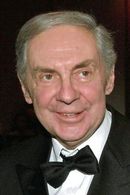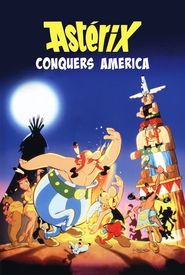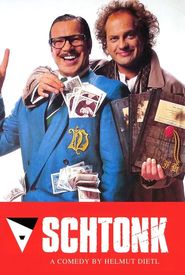Harald Juhnke's life was marked by a complex journey of both artistic and personal struggles. At the age of 15, he was drafted into military service during World War II, only to pursue his passion for drama after the war. He made his stage debut in Berlin at 24, followed by his first film role three years later.
Juhnke's personal life was also filled with significant events, including his marriage to dancer Sybil Werden in 1953, with whom he had two children, Peer and Barbara, who sadly passed away at 14 months. He later married his second wife, Susanne, with whom he had his third child, Oliver. In 1979, Juhnke achieved a breakthrough on German television, hosting the popular show "Music is Trumpf" until 1982.
Throughout his career, Juhnke received numerous awards, including the "Golden Camera" in 1981, the "German Film Prize", and the "Bambi". However, his life was also marred by controversy and personal struggles, including reports of alcoholism and excesses.
Despite his personal demons, Juhnke continued to shine in the artistic field, with a leading role in the film "Schtonk" in 1992, which earned him an Oscar nomination for "Best Foreign Film". He also received the "TeleStar" and the "Golden Camera" for his artistic achievements in 1996.
However, his personal struggles continued to plague him, with incidents of public intoxication and violent behavior towards a reporter in 1996. His addiction worsened, leading to his dismissal from Norddeutscher Rundfunk (NDR) and calls for a general ban on his television appearances.
After a stint in rehab, Juhnke's health began to decline, with multiple hospital stays and a diagnosis of dementia. He passed away on April 1, 2005, at the age of 76, and was buried in an honorary grave in the forest cemetery in Dahlem.






















